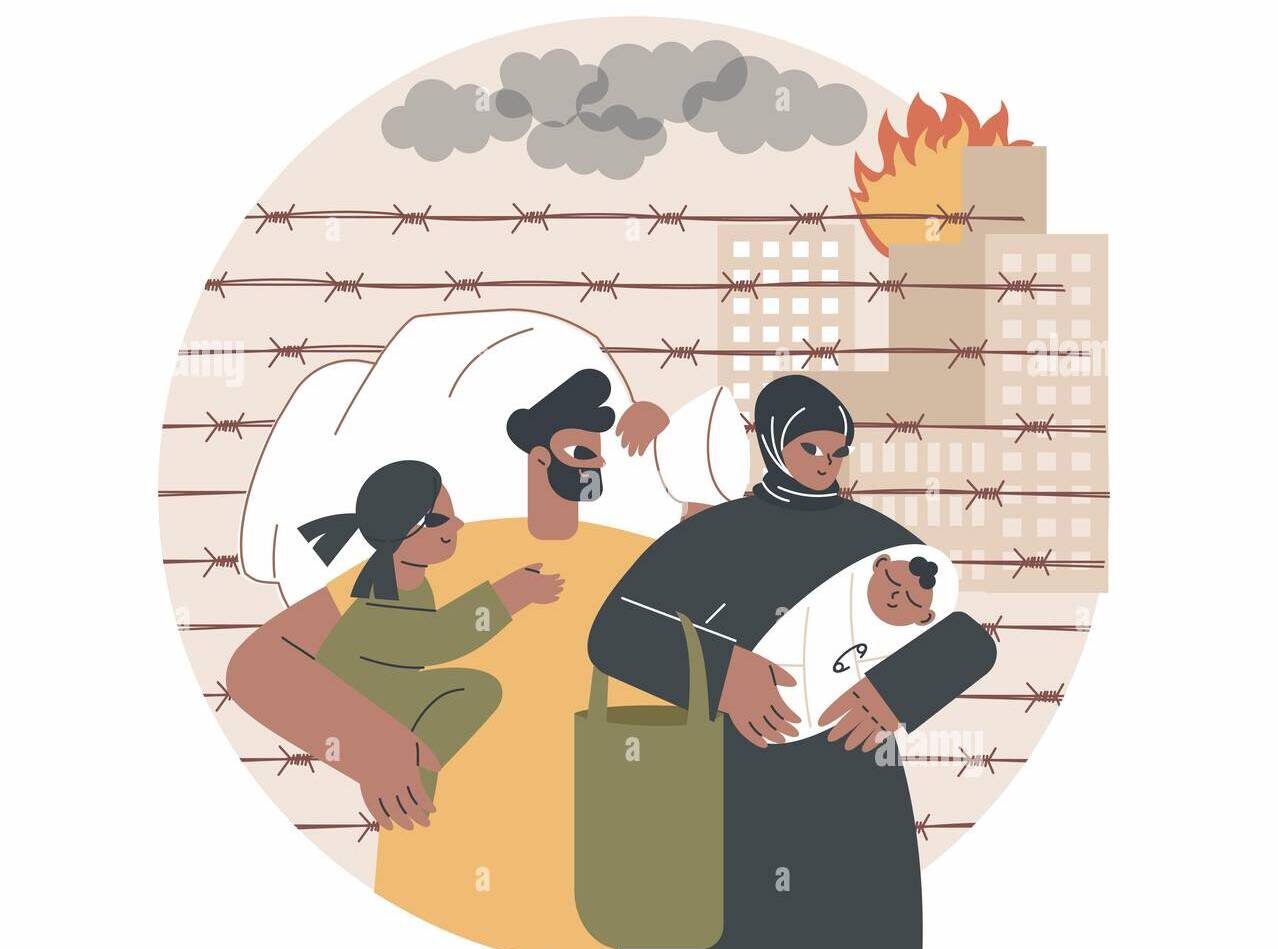On Thursday mornings, migrants gather outside the city office in Brooklyn, often with blankets, children, and winter supplies. Some endure overnight stays to secure a spot, hoping to be among the few walk-ins received. The purpose of this effort during the frigid NYC winter is to obtain IDNYC ID cards, believed by many migrants to be the key to securing jobs and stabilizing their family’s future.
Eric Adams has labeled this situation a “crisis,” placing blame on migrants as the primary economic burden on NYC. A political stunt, aimed at using migrants and their families as scapegoats to cover Adams’ lack of a comprehensive policy, failure to address housing and mental health crises, and the glaring economic gap in NYC. As the Democratic party faces increasing fallout for their handling of the economy, the Middle East, and concerns about Biden’s electability, they seem to be compromising their values and promises on immigration rights.
Adams consistently emphasizes the migrant crisis, with extended discussions and city reports highlighting migrants “asking people for money on the street.” However, many New Yorkers may argue that panhandling is not the city’s most significant issue, and it predates this migration wave. In a city grappling with peak homelessness and mental illness, where shelters are at risk of closure, it becomes evident that the migrant population is not the root of the problem.
The Democratic party’s anti-immigrant election strategy was on full display in February with a bipartisan migrant bill. This compromise, aimed at appeasing moderates and anti-Trump Republicans, contradicted much of what the Democratic party had previously pledged. Even left-leaning political reports and news outlets acknowledged that the party gave nearly everything Republicans wanted to them, jeopardizing asylum seekers’ ability to seek a better life in the US and ensuring tougher family laws.
As the 2024 election season approaches, it seems likely that immigration will continue to be a focal point, with migrants serving as convenient scapegoats for the Democratic leadership’s failure to deliver on economic promises made in 2020 and 2022.
Author: Dima T.
